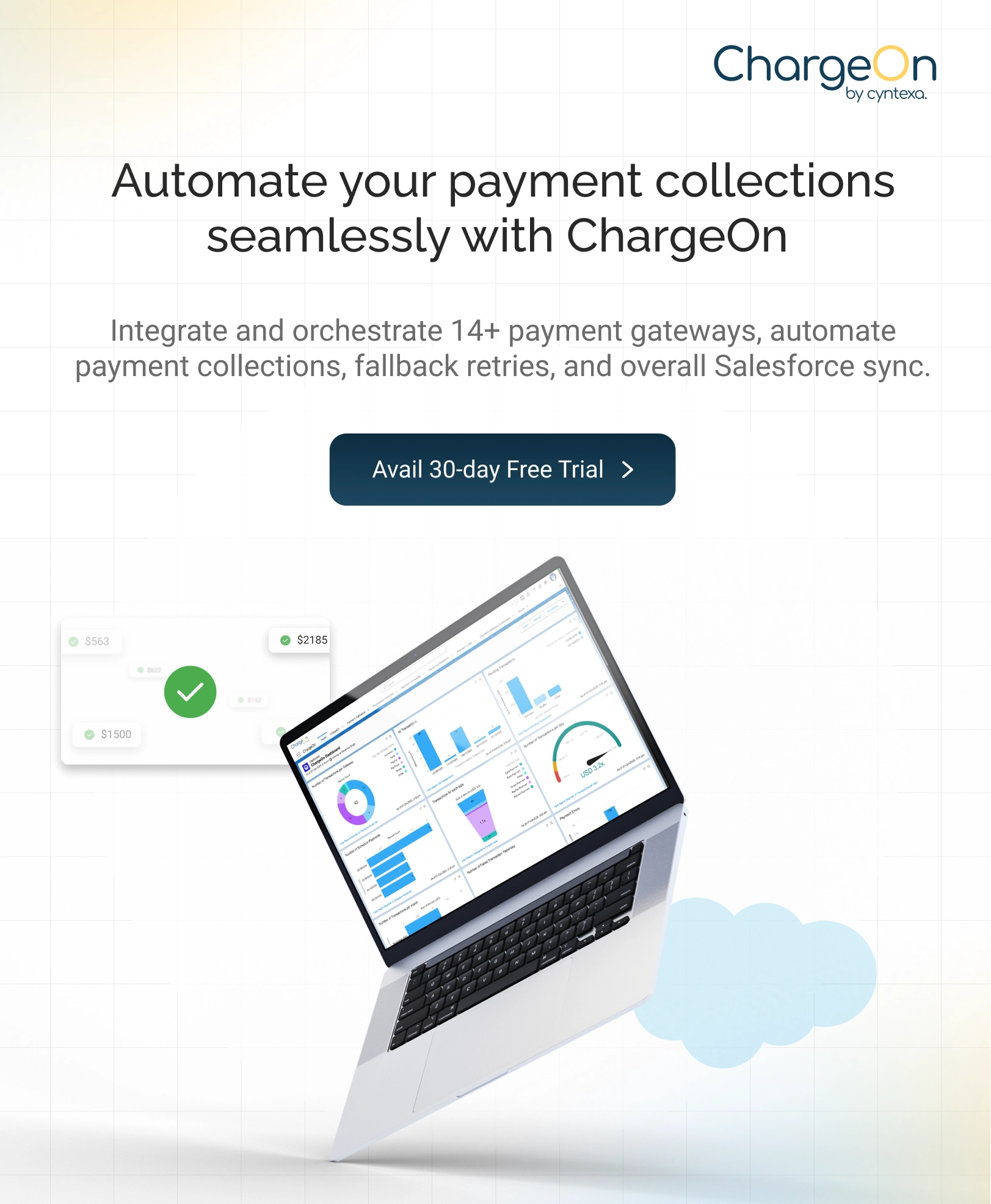Business Overview
A large European manufacturing company operates a network of over 15 factories producing industrial components for the automotive and aerospace sectors. With a global workforce and a complex supply chain, the company is focused on maximizing production efficiency, ensuring on-time delivery to customers, and maintaining stringent quality control standards across all its facilities.
Reason for Collaboration
The manufacturer struggled with disconnected systems across 15+ factories ERP, IoT devices, and legacy tools couldn’t share real-time data. Executives lacked visibility into production issues, managers couldn’t track efficiency, and shop-floor teams wasted time diagnosing machine problems. They needed a unified platform to monitor operations and resolve issues faster, so we built a centralized system using Salesforce Manufacturing Cloud and Heroku to connect all their data sources.
Challenge –
- Isolated Factory Data Systems: The client’s factories used different combinations of ERP systems, IoT sensors, and legacy software. Their production managers had to check different screens to understand what was happening, causing delays in spotting and fixing problems.
- No Real-Time Equipment Monitoring: While their IoT devices collected machine data (like temperature and speed), this information wasn’t connected to the maintenance or management systems. When technicians noticed an issue on the factory floor, it had often already caused production delays.
- Slow Issue Resolution: When their machines broke down, the diagnosis process was manual technicians trying solutions based on experience rather than data. Meanwhile, managers couldn’t see how these issues might affect customer orders or overall production targets.
- Limited Visibility for Different Teams: Our client’s team of executives needed high-level production summaries, their managers required line-by-line efficiency reports, and their floor workers needed specific machine alerts. But their existing systems showed the same generic data to everyone due to limited visibility.
Solutions
We built a centralized operations platform using Heroku and Salesforce that connects all factory systems of our client while providing role-specific insights. Here’s how we addressed each challenge:
- Unified Factory Dashboard: Our Salesforce solution architect developed a Heroku-hosted portal that aggregates ERP, IoT, and legacy system data into a single view. Using MuleSoft and Heroku Connect, the system synchronizes production data with Salesforce Manufacturing Cloud, ensuring executives, managers, and shop-floor teams see the same up-to-date information. Executives access high-level summaries, managers track efficiency line by line, and floor workers receive machine-specific alerts, all tailored to their roles.
- Live Machine Monitoring System: We implemented an event-driven IoT pipeline using MuleSoft with Kafka and Salesforce’s CometD for real-time streaming. Machine data such as temperature, speed, and error states are processed every second, visualized in dashboards, and color-coded for quick intervention. The system scales automatically on Heroku to handle thousands of IoT signals per second, ensuring reliable performance across all factories.
- Predictive AI for Issue Resolution: We deployed a Heroku-hosted AI/ML engine trained on historical IoT and maintenance logs. This model recommends the most likely fixes when an anomaly is detected and estimates the production impact if issues persist. Through direct integration with Service Cloud, the system automatically generates service tickets linked to affected production orders, allowing managers to prioritize repairs based on customer delivery timelines. Einstein AI further enhances predictions and reporting within Salesforce.
- Role-Based Smart Alerts: We configured dashboards and alerting mechanisms by role. Executives receive macro-level production KPIs, managers see operational efficiency trends, and floor technicians are alerted to specific equipment issues. Smart notifications ensure that each team only receives what is critical to them, reducing noise while increasing responsiveness.
- Secure & Compliant Architecture: All integrations leverage Heroku Shield and MuleSoft-secured APIs with encryption in transit and at rest. Audit logging ensures GDPR compliance and full traceability across IoT, ERP, and Salesforce systems, meeting the governance needs of a European manufacturing leader.
Benefits
- Faster issue detection significantly reduces equipment downtime.
- Real-time visibility replaces hours-long reporting delays.
- Live order tracking improves production planning accuracy.
- Unified data empowers decisions at every organizational level.
- Standardized systems enable consistent operations across all factories.

















